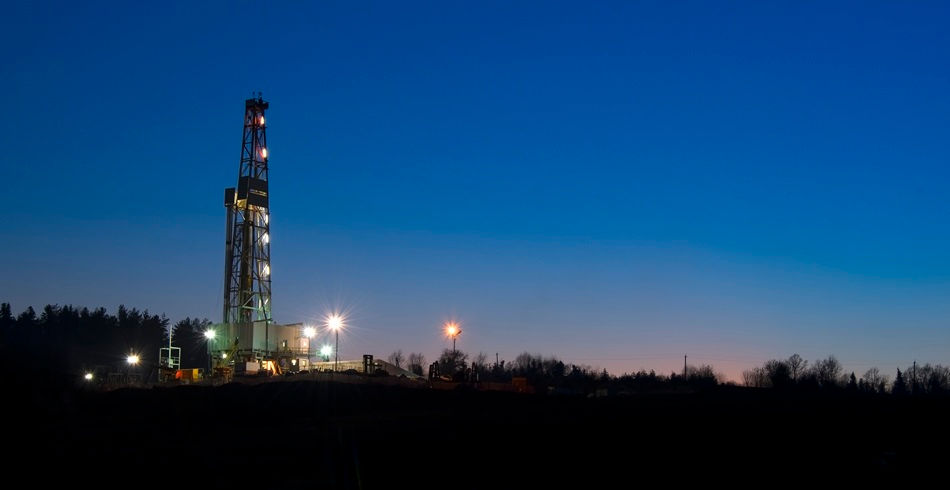Korean Air to operate commercial flights using domestic SAF
- Korean Air
- Aug 30, 2024
- 3 min read

Korean Air will begin using domestically produced sustainable aviation fuel (SAF) for the first time Aug. 30 on flight KE719 from Seoul Incheon to Tokyo Haneda.
This milestone makes Korean Air the first Korean flag carrier to operate commercial flights partially powered by SAF produced in Korea.
A special ceremony was held Aug. 30 at Incheon International Airport to celebrate the occasion.
Starting Aug. 30 through July 2025, Korean Air will utilize a 1 percent SAF blend for flight KE719 from Seoul Incheon to Tokyo Narita, once a week.
This route will serve as a starting point for the airline’s domestic SAF program, with plans to gradually expand SAF usage to medium- and long-haul routes.
The SAF used on this route is supplied by two leading Korean energy companies: S-Oil and SK Energy.
S-Oil will provide the SAF for the first six months, followed by SK Energy for the remaining period.
S-Oil produces SAF from used cooking oil, while SK Energy utilizes a combination of used cooking oil and animal fats.
Both companies’ SAF products have been certified by the International Civil Aviation Organization under the Carbon Offsetting and Reduction Scheme for International Aviation, ensuring they meet international sustainability standards.
SAF is chemically identical to conventional jet fuel, allowing it to be blended with existing aviation fuel without the need for aircraft modifications.
Current regulations permit up to a 50 percent SAF blend for aviation use, and the use of SAF can reduce carbon emissions by up to 80 percent compared to conventional jet fuel.
This substantial reduction is achieved through the use of sustainable raw materials such as waste oils, animal and vegetable fats, agricultural byproducts, and corn in the fuel-production process.
The adoption of SAF is gaining momentum globally.
The European Union’s RefuelEU policy mandates a minimum 2 percent SAF blend for flights departing from EU airports by 2025, with a goal of reaching a 70 percent blend by 2050.
The United States, the world’s largest aviation fuel importer, has initiated the SAF Grand Challenge, aiming to supply sufficient SAF to meet 100 percent of its aviation-fuel demand by 2050.
Korea is also laying the groundwork for SAF market growth.
In 2022, the Korean government announced the Ecofriendly Biofuel Expansion Plan to establish quality and production standards for domestically produced SAF.
In August 2024, the government amended the Petroleum and Alternative Fuel Business Act to permit the use of ecofriendly materials in petroleum-refining processes.
Korean Air has been implementing SAF in its operations since 2017 when it first used SAF for a passenger flight from Chicago to Seoul Incheon.
The airline has since expanded its SAF usage to cargo routes from Oslo and Stockholm to Seoul Incheon, and passenger flights between Paris to Seoul Incheon.
In 2023, Korean Air conducted six test flights as part of a government-led SAF demonstration research project, contributing data towards the development of domestic SAF quality and production standards.
Korean Air said it continues to seek ways to reduce carbon emissions.
The airline continues to upgrade its fleet with next-generation aircraft models, including the Airbus A220-300, A321neo, Boeing 787-9, 787-10, and 737-8, which offer 20 percent to 25 percent lower carbon emissions per seat compared to previous-generation aircraft.
In the cargo sector, Korean Air has also initiated a program allowing its cargo clients to purchase SAF for air-cargo operations.
Korean Air said it remains committed to expanding the airline’s use of SAF and implementing additional carbon reduction measures across its operations.


































